Well-Paid Pandering Pundits and the Fantasy of Reform
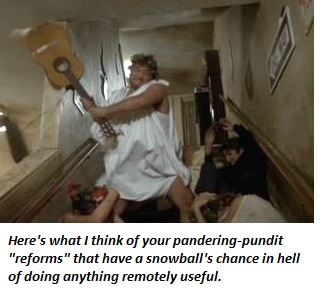
Thank you, Dana D. ($10), for your most excellently generous contribution to this site--I am greatly honored by your steadfast support and readership.
|
When You Can't Go On: Burnout, Reckoning and Renewal
Global Crisis, National Renewal: A (Revolutionary) Grand Strategy for the United States
A Hacker's Teleology: Sharing the Wealth of Our Shrinking Planet
Will You Be Richer or Poorer? Profit, Power and A.I. in a Traumatized World ($6.95)
Pathfinding our Destiny ($6.95)
Money and Work Unchained ($6.95)
Inequality and the Collapse of Privilege ($3.95)
Spanish edition: Un Mundo Radicalmente Prospero ($9.95)
Why Our Status Quo Failed and Is Beyond Reform ($3.95)
A Radically Beneficial World: Automation, Technology and Creating Jobs for All ($6.95)
Get a Job, Build a Real Career and Defy a Bewildering Economy ($6.95)
The Nearly Free University and The Emerging Economy ($6.95)
Resistance, Revolution, Liberation ($6.95)
An Unconventional Guide to Investing in Troubled Times ($6.95) Survival+: Structuring Prosperity for Yourself and the Nation ($9.95)Survival+ The Primer ($3.95)
Weblogs & New Media: Marketing in Crisis ($3.95)
The Adventures of the Consulting Philosopher ($1.29)
Four Bidding For Love ($1.29)
Claire's Great Adventure ($1.29)
Verona in Spring ($1.29)
For My Daughter ($1.29)
I-State Lines ($9.95)
When You Can't Go On: Burnout, Reckoning and Renewal
Global Crisis, National Renewal: A (Revolutionary) Grand Strategy for the United States
A Hacker’s Teleology: Sharing the Wealth of Our Shrinking Planet
Will You Be Richer or Poorer?: Profit, Power and A.I. in a Traumatized World ($12.95)
Pathfinding our Destiny: Preventing the Final Fall of Our Democratic Republic ($12.95)
Money and Work Unchained ($15)
Inequality and the Collapse of Privilege ($8.95)
Why Our Status Quo Failed and Is Beyond Reform ($8.95)
A Radically Beneficial World: Automation, Technology and Creating Jobs for All ($15)
Get a Job, Build a Real Career and Defy a Bewildering Economy ($15)
The Nearly Free University and the Emerging Economy ($15)
Resistance, Revolution, Liberation: A Model for Positive Change
($15)
An Unconventional Guide to Investing in Troubled Times ($15)
Survival+ (US)
$19.95 Structuring prosperity
Survival+ The Primer $8.95
Weblogs & New Media: Marketing in Crisis
Global Crisis, National Renewal: A (Revolutionary) Grand Strategy for the U.S.
A Hacker's Teleology: Sharing the Wealth of Our Shrinking Planet ($17.46)
Will You Be Richer or Poorer? Profit, Power, and AI in a Traumatized World
Pathfinding our Destiny: Preventing the Final Fall of Our Democratic Republic
Inequality and the Collapse of Privilege
Why Our Status Quo Failed and Is Beyond Reform
A Radically Beneficial World: Automation, Technology and Creating Jobs for All
Get a Job, Build a Real Career and Defy a Bewildering Economy
Four Bidding For Love ($16.99)
romantic screwball comedy
Claire's Great Adventure
$16.99 2 stowaway girls + pirates
Kama Sutra Cadillac
Of Two Minds
Verona in Spring
$13.99 29-year old Verona is in a romantic tangle
For My Daughter
$12.99 Iraq vet, Burma, saving dolphins and his marriage
I-State Lines
Download the free Kindle reader for any device: Windows or Mac OS, iPads, iPhones and Android.
Kindle for PC
Kindle for Mac
Kindle for iPhone
Kindle for iPad
Kindle for Android
give a Kindle ebook as a gift
Our print books:
Self-Reliance in the 21st Century
$8.95 Leverage the Web
Audiobooks
When You Can't Go On: Burnout, Reckoning and Renewal
NOVELS
The Adventures of the Consulting Philosopher: ($8.95)
$12.99 sex + zaniness
$13.99 ESP, espionage + twists
($20) Alex & Daz on the road
Click here for sample chapters of all novels

Thank you, Dana D. ($10), for your most excellently generous contribution to this site--I am greatly honored by your steadfast support and readership.
|
Thank you, J. L. ($5/month), for your superbly generous subscription to this site--I am greatly honored by your support and readership.
|
Thank you, Mitchell D. ($5/month), for your superbly generous subscription to this site--I am greatly honored by your support and readership.
|

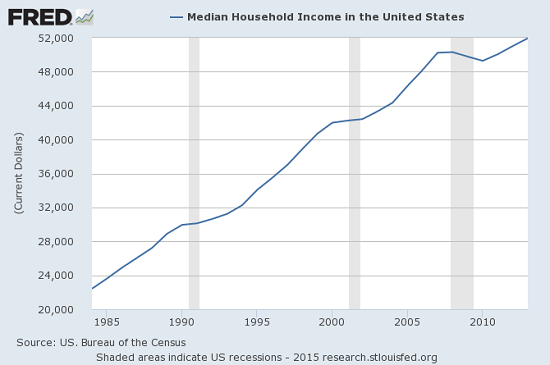
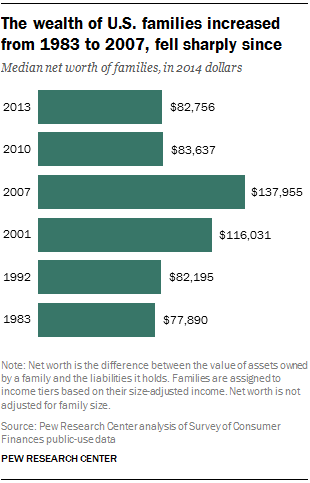
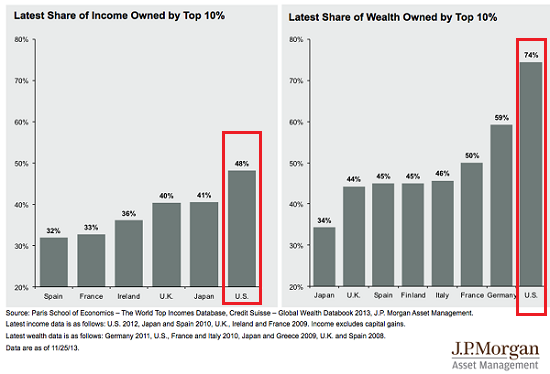
Thank you, William H. ($50), for yet another superlatively generous contribution to this site--I am greatly honored by your steadfast support and readership.
|

Thank you, Daniel E. ($11), for yet another much-appreciated generous contribution to this site--I am greatly honored by your steadfast support and readership.
|


Thank you, Chris A. ($20), for your superbly generous contribution to this site--I am greatly honored by your support and readership.
|
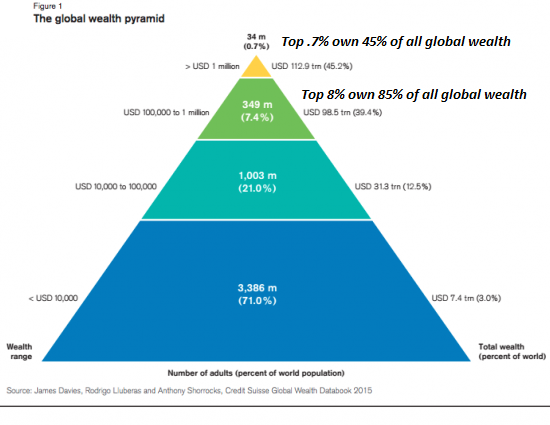
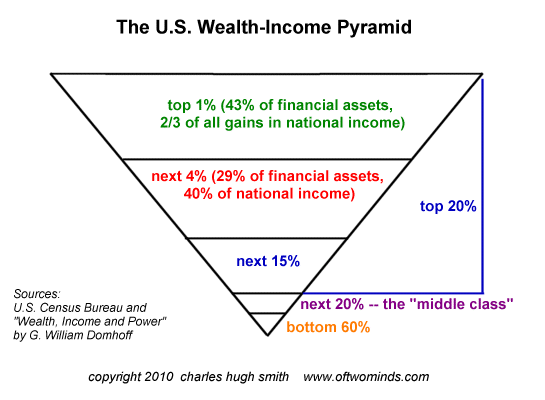
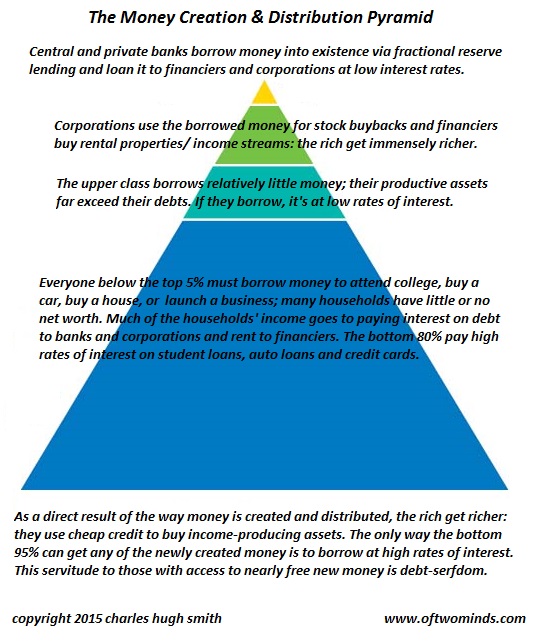
Thank you, David B. ($50), for your splendidly generous contribution to this site--I am greatly honored by your support and readership.
|
All content on this blog is provided by Trewe LLC for informational purposes only. The owner of this blog makes no representations as to the accuracy or completeness of any information on this site or found by following any link on this site. The owner will not be liable for any errors or omissions in this information nor for the availability of this information. The owner will not be liable for any losses, injuries, or damages from the display or use of this information. These terms and conditions of use are subject to change at anytime and without notice.
Our Privacy Policy:
Correspondents' email is strictly confidential. This site does not collect digital data from visitors or distribute cookies. Advertisements served by a third-party advertising network (Investing Channel) may use cookies or collect information from visitors for the purpose of Interest-Based Advertising; if you wish to opt out of Interest-Based Advertising, please go to Opt out of interest-based advertising (The Network Advertising Initiative). If you have other privacy concerns relating to advertisements, please contact advertisers directly. Websites and blog links on the site's blog roll are posted at my discretion.
PRIVACY NOTICE FOR EEA INDIVIDUALS
This section covers disclosures on the General Data Protection Regulation (GDPR) for users residing within EEA only. GDPR replaces the existing Directive 95/46/ec, and aims at harmonizing data protection laws in the EU that are fit for purpose in the digital age. The primary objective of the GDPR is to give citizens back control of their personal data. Please follow the link below to access InvestingChannel’s General Data Protection Notice. https://stg.media.investingchannel.com/gdpr-notice/
Notice of Compliance with
The California Consumer Protection Act
This site does not collect digital data from visitors or distribute cookies.
Advertisements served by a third-party advertising network
(Investing Channel) may use cookies or collect information from visitors for the
purpose of Interest-Based Advertising. If you do not want any personal information
that may be collected by third-party advertising to be sold, please
follow the instructions on this page:
Limit the Use of My Sensitive Personal Information.
Regarding Cookies:
This site does not collect digital data from visitors or distribute cookies. Advertisements served by third-party advertising networks such as Investing Channel may use cookies or collect information from visitors for the purpose of Interest-Based Advertising; if you wish to opt out of Interest-Based Advertising, please go to Opt out of interest-based advertising (The Network Advertising Initiative) If you have other privacy concerns relating to advertisements, please contact advertisers directly.
Our Commission Policy:
As an Amazon Associate I earn from qualifying purchases. I also earn a commission on purchases of precious metals via BullionVault. I receive no fees or compensation for any other non-advertising links or content posted on my site.

What subscribers are saying about the Musings (read samples):
"What makes you a channel worth paying for? It's actually pretty simple - you possess a clarity of thought that most of us can only dream of, and a perspective that allows you to focus on the truth with laser-like precision." Jim S.
The "unsubscribe" link is for when you find the usual drivel here insufferable.




© Blogger templates Newspaper III by Ourblogtemplates.com 2008
Back to TOP